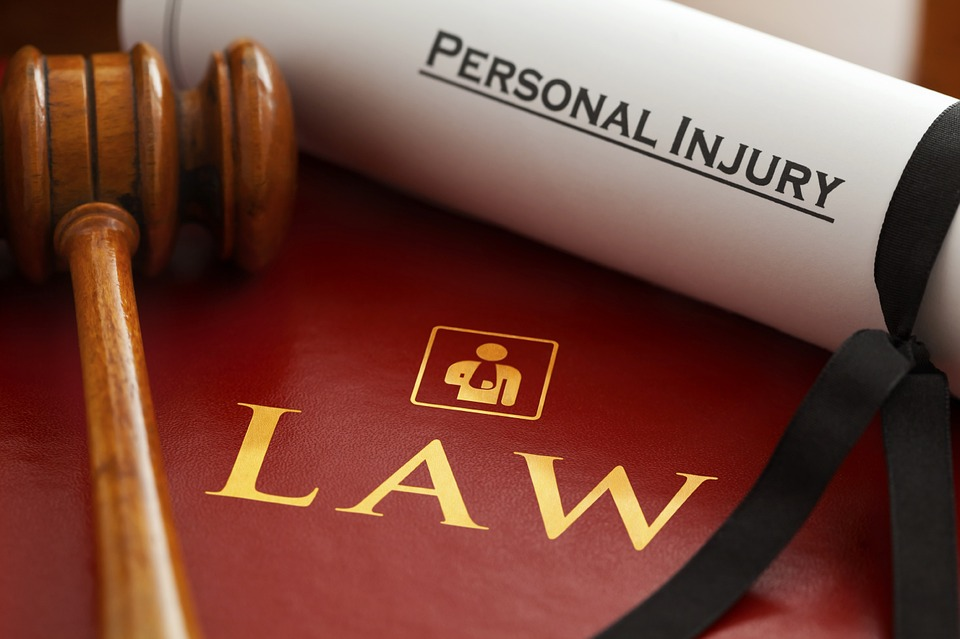
Accidents at the workplace and those that result from work activities need to be addressed promptly. Whether an employee gets sick after exposure to certain chemicals, or they trip over loose carpeting and fall, the company needs to be held accountable. Here are a few legal reasons why companies need to be accountable for workplace injuries:
1. Legal Responsibility to Provide Safe Working Conditions
According to the law, companies need to provide safe and reasonable work conditions. Regulatory agencies like OSHA exist to ensure that employees are working under safe conditions and that employers are compliant with the regulations.
There are different guidelines for different industries and it is wise for both employers and employees to understand them. Some capable employers should consider seeking the help of a professional if they have trouble understanding the regulations in their industries. If employees get injured at work, it may be an indication that their companies failed to implement the legal requirements.
2. Companies May be Liable for Out of the Workplace Injuries
Companies are liable for accidents that happen when employees are out of the workplace but still on duty. These accidents are common in Tampa among company drivers and messengers. If you get injured while driving your company truck or semi-truck, you may need the help of a semi-truck accident lawyer in Tampa. They may help you receive the compensation you deserve. Employees are legally protected against all types of work-related accidents and companies need to be accountable.
3. Employee Responsibilities Are Limited
All employees have the responsibility to comply with safety regulations. They are obligated to put in reasonable effort to reduce their likelihood of getting injured. However, their responsibilities are limited. Employers need to put in effort measures to keep employees safe. They have to provide them with sufficient training and consistently remind them of their responsibilities.
4. Most Courts Favor Employees
In most cases, the employer will be held accountable following a workplace accident. Even when an employee has violated safety policies, the right lawyer can argue that they did not receive enough training. They could argue that the employer’s failure to give oversight on hazardous tasks put an inexperienced worker at risk.
5. Safety Guidelines Need to Evolve With the Company
If a company has changed, it is important to update the safety guidelines as well. Guidelines that worked at one point may not be enough after some time. As the workforce grows and the operations change, a company begins to have new needs.
If a company has recently adopted new technological solutions that require workers to get additional training, they have to adopt new safety rules.
Where possible, they should hold monthly or annual meetings to discuss emerging concerns and the best ways to promote employee safety. Giving employees a chance to express their needs and opinions may help bring important factors to light.
6. Workers Compensation Board
Employers are expected to help the workers’ compensation board in their states curb fraud. Fraudulent employees can lie about or exaggerate their symptoms to get benefits. However, the same can be said about employers. They may fail to provide First Reports of Injury to their carriers to avoid paying higher premiums. Unfortunately, this may also mean that the injured employee will not get the compensation they deserve. It is only a matter of time before the employee realizes this and sues the company. By being accountable for work-related injuries and accidents, employers can avoid a lot of trouble.
7. Cooperation With the Insurance Carrier

Employers are legally expected to cooperate with the workers’ insurance carriers and attorneys to ensure that employees receive compensation when they need it. Employers may be required to provide relevant documentation including the payroll history of the injured employee. The carrier may need to speak with co-workers of the employee or their supervisor. Companies need to provide their side of the story fast.
In conclusion, companies need to be accountable for the workplace injuries of their employees. It is not only ethical but also a legal requirement. They need to put in place measures to ensure that their workplaces are reasonably safe. Even though it is not always possible to prevent accidents and injuries, companies have to demonstrate reasonable effort.
If employees are injured, their employers need to help them ensure that they get the compensation they deserve. If employers breach their duties and employees get hurt, it may be necessary to submit a third-party lawsuit against the company. The employees may receive compensation for pain and suffering, medical charges, and lost wages.


